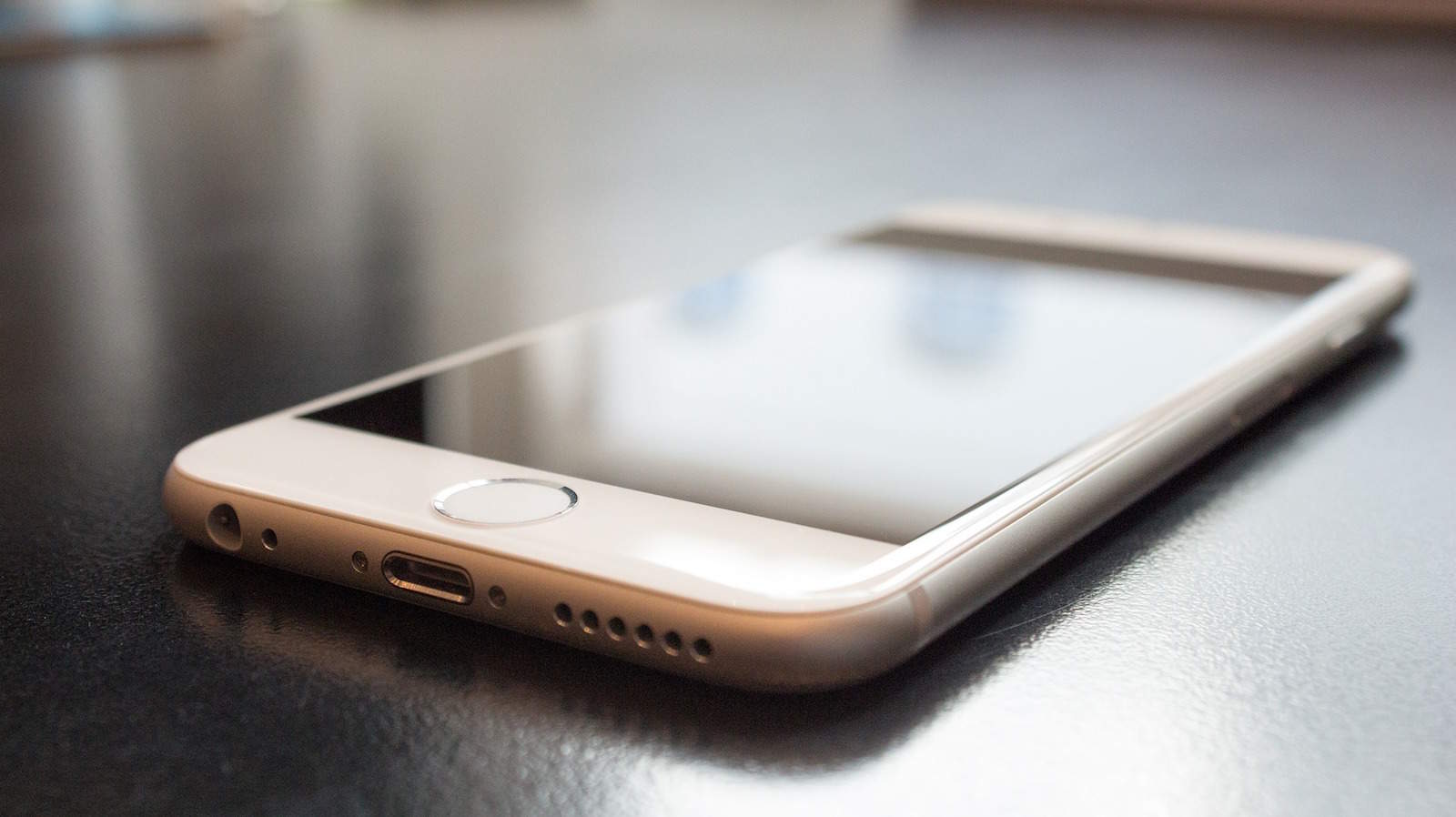In a court letter today, Apple is insisting that the legal system make up its mind on mobile encryption.
This is a bit of a surprise, and it’s hardly necessary anymore for the case at hand. The defendant has entered a guilty plea since the question of whether law enforcement could induce Apple to access encrypted information on its devices first arose. But in its two-page letter, Apple wants a decision anyway for “efficiency and judicial economy.”
It might also clear up a bunch of its own headaches.
“Apple takes no position on whether and to what extent information in the government’s possession is relevant to any ongoing investigation, or necessary for the criminal defendant’s sentencing,” Apple attorney Marc Zwillinger writes (via Ars Technica). “But Apple has received additional requests similar to the one underlying the case before this Court.”
In this and other cases, officers have attempted to invoke the All Writs Act to force Apple to turn over the data on defendants’ devices. Apple, which has taken clear public stances in favor of encryption and user privacy, has refused.
The case involved Jun Feng, who faced drug and conspiracy charges. But Feng’s iPhone 5s became the biggest point of contention after Apple declined to comply with the writ asking the company to turn over the owner’s data. Feng entered a guilty plea in October, but prosecutors are still asking for the information contained on the device.
In the months since, Judge James Orenstein has asked the state to explain why its requests shouldn’t be thrown out with the trial. In its letter, Apple is joining the prosecutors’ position but for totally different reasons. Apple is looking to establish a legal precedent on mobile encryption, and it must be pretty confident it has a chance of getting one in its favor.
The All Writs Act is over 200 years old and incredibly vague. Its current form says that “The Supreme Court and all courts established by Act of Congress may issue all writs necessary or appropriate in aid of their respective jurisdictions and agreeable to the usages and principles of law,” and just about nothing else. Its second clause states that judges in other courts can issue “alternate writs” or clarify rules as long as they have jurisdiction, but that’s not super relevant. And with its letter, Apple is trying to prevent law enforcement from using it to bypass iDevices’ security.
A ruling that says Apple does not have to honor the writ will also let the company ignore all of those other requests it claims it’s getting. And that will be a big win for its version of privacy.
And this isn’t the only legal action on mobile encryption lately. The legislatures in several states, including California and New York, have recently considered bills that make encrypted iPhones like Apple’s effectively illegal.


